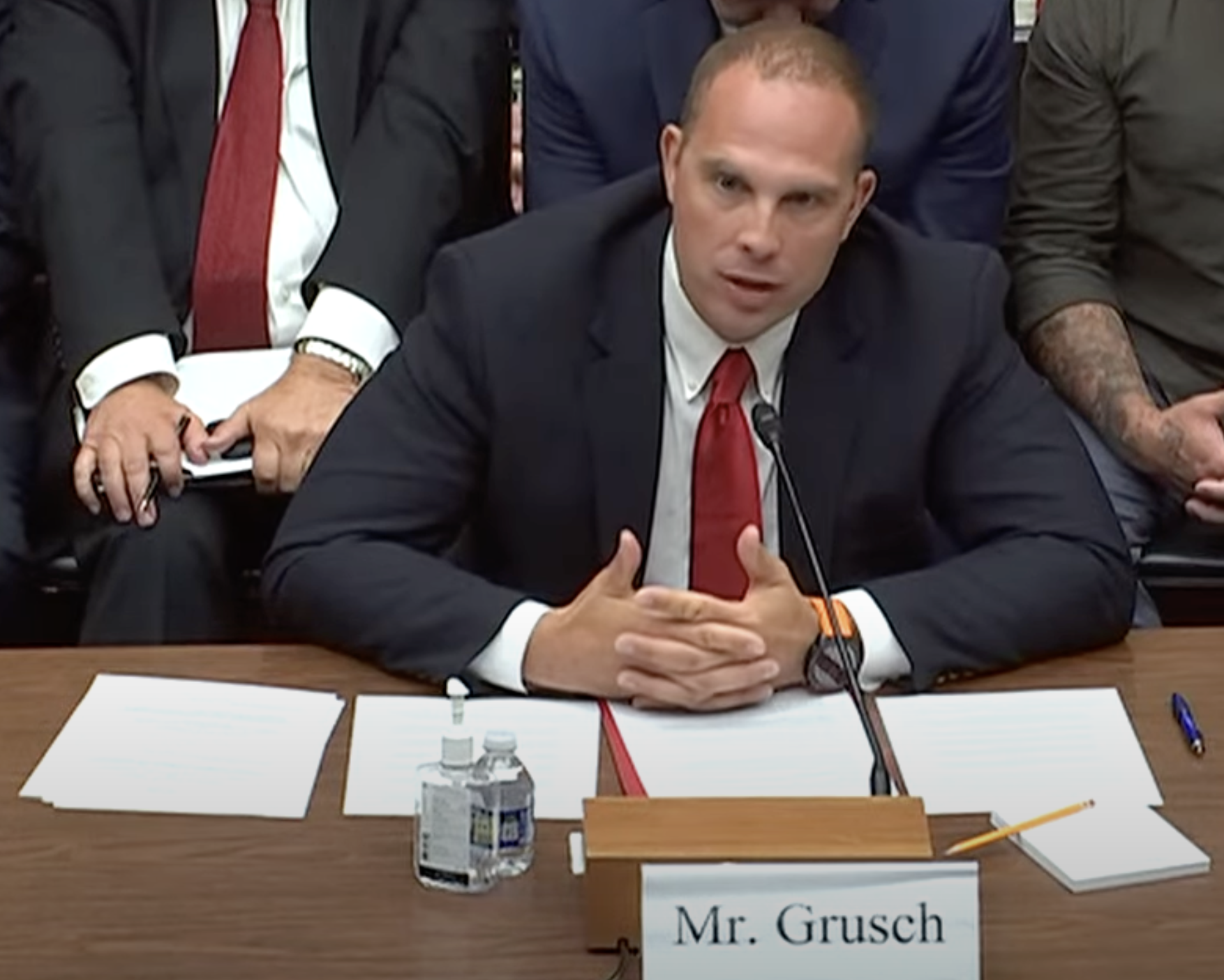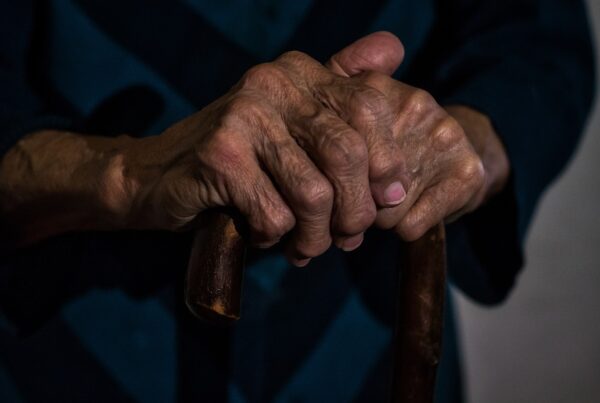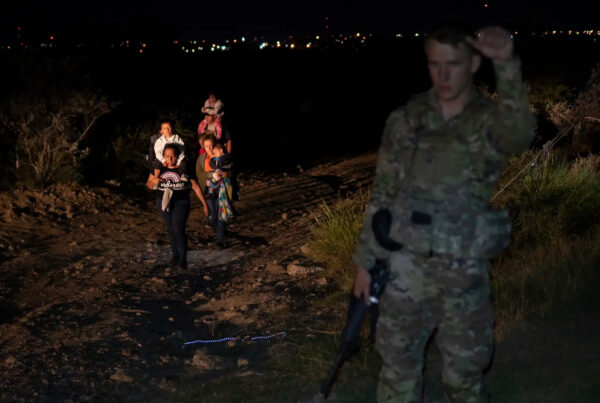This week, many have been closely anticipating a hearing on Capitol Hill about Unexplained Aerial Phenomena – or UAPs.
On Wednesday, former Air Force intelligence officer David Grusch testified that the Pentagon not only knows more than it’s telling people about, but that there is a secret program to gather and hide what’s been characterized as “non-human” biological matter. Grusch said that the program has been around for decades, and has been attempting to reverse-engineer UAP technology.
Nomaan Merchant reported on the hearing for the Associated Press, where he covers national security. He spoke with the Standard about the biggest takeaways from the House Oversight subcommittee meeting.
This transcript has been edited lightly for clarity:
Texas Standard: What were some of the big takeaways from the hearing?
Nomaan Merchant: What I took away from the hearing was the relatively sober tone that was used to describe something that, as you said, is maybe out of this world. You had both Republican and Democratic congressmen asking David Grusch and other witnesses about not just what they had reported and seen within the intelligence community and the military establishment, but some of the concerns that have been longstanding, about things like pilots reporting sightings of aircraft or devices flying at strange speeds or trajectories.
There’s a big stigma that the U.S. government has been trying to bring down. And, you know, jokes about “The X-Files” aside, there were a lot of discussions about how we can get pilots and others who witness things in the air to report them and have those reports be investigated.
How serious a subject is this in Washington? I think that one of the points that many folks were making at the hearing, from what I can tell, is that if it were if we’re really talking about unidentified aerial phenomena, this poses a real military threat for the United States, and potentially a broader geopolitical threat.
Yeah, that’s exactly right. And for many years now, there have been a lot of investigations into reports of devices or mysterious-seeming aircraft flying off the coast of the United States or near military bases. And in recent years, lawmakers from both parties, senior lawmakers, have proposed and passed legislation that has pushed the Pentagon to create a new office to collect and investigate what it refers to as UAPs, or unidentified aerial phenomena.
And there are more bills pending now to try and push to reduce stigmas and reduce the amount of classification of material, because there’s lawmakers in very high places – Chuck Schumer, the Senate Democratic leader, comes to mind; Marco Rubio, the Republican chairman of the Senate Intelligence Committee – that have spoken out about the need for more investigation on UAPs.
I think a lot of people who have been studying UAPs were hoping that there would be a some kind of major announcement that would make headlines and draw broad public attention to this issue. What is the next step – are there going to be more hearings? Did this draw the kind of attention that some had hoped? What’s your take?
Well, the congressman who chaired the hearing, Glenn Grothman of Wisconsin, he joked that his hearing was going to be the most watched subcommittee this week. And he was right. There were a lot of things going on on Capitol Hill yesterday, but only this hearing had hundreds of people lining up for a seat inside a committee room. I would expect just on that metric alone, there would be more hearings because of the public interest in this matter.
But there are a lot of investigations ongoing. And the Pentagon, while it has rejected allegations that it is secretly holding back evidence of extraterrestrial life, is very much looking into several hundred reports of UAPs that continue to come in.














